Published Jan 4, 2019
Iconic Trek Motivation
A classic Star Trek quote can help a great deal when you need to ease the Monday blues
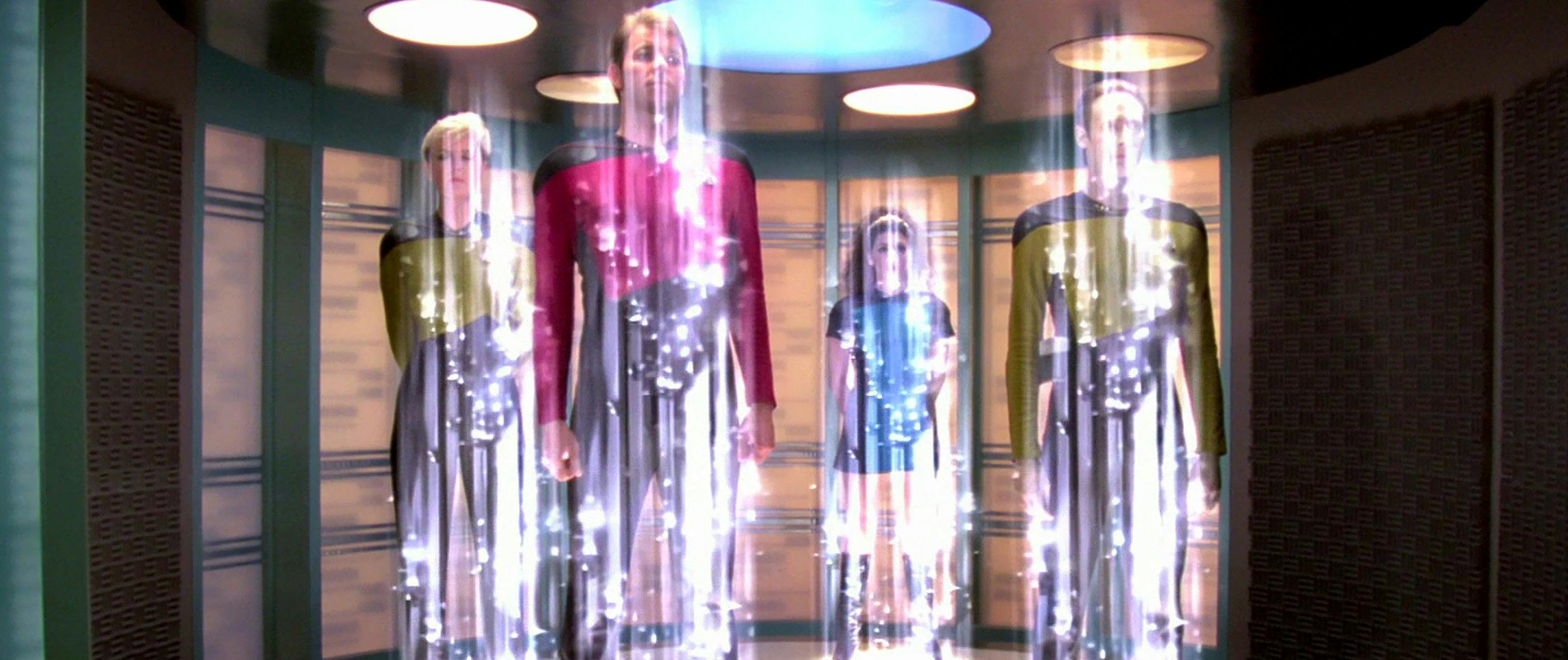
A classic Star Trek quote can help a great deal when you need to ease the Monday blues. The franchise's series and films have provided -- and continue to provide -- an abundant supply of wisdom, logic and, of course, one-liners to brighten any mood. What phrase in Star Trek's verbal pantheon strikes you as being the most memorable? Here are just a few of my personal favorites:
"A lie is a very poor way to say hello."
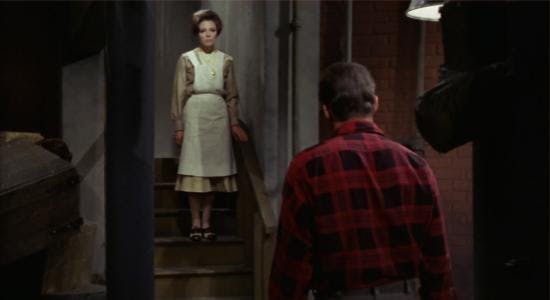
Edith Keeler's reply to James Kirk after she caught the captain and Mister Spock in her mission's basement encapsulated the woman's straightforward and good-natured personality. The response reverberated as both a greeting and a chastisement. Unfortunately, these traits contributed to the tragic death that Edith was destined to suffer in the Star Trek: The Original Seriesepisode "The City on the Edge of Forever."
"I don't believe in a no-win scenario."
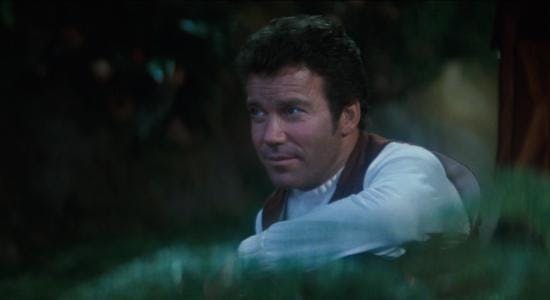
Admiral Kirk's defiant statement about Starfleet Academy's Kobayashi Maru test reflected his never-say-die attitude and conveyed his readiness to turn the tables on Khan Noonien Singh in Star Trek II: The Wrath of Khan.
"I have been... and always shall be... your friend."
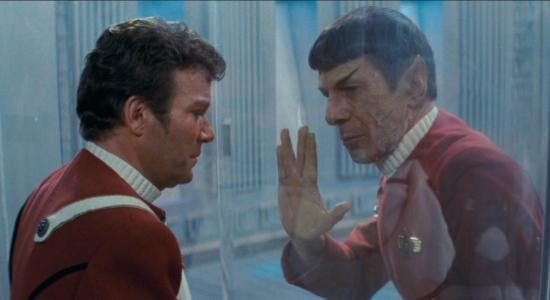
Captain Spock's gut-wrenching (yet oddly life-affirming) goodbye to Kirk occurred soon after the Vulcan knowingly absorbed deadly radiation in order to save the U.S.S. Enterprise in The Wrath of Khan. A resurrected Spock repeated the phrase (replacing "always" with "ever") back to Kirk in Star Trek III: The Search for Spock, signaling his katra's successful fusion with his physical body.
"Logic is the beginning of wisdom, Valeris, not the end."
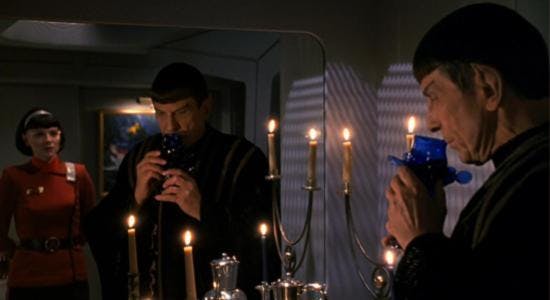
Spock offered this advice to Lt. Valeris in the hope that she would take the words to heart and serve as his worthy successor aboard the U.S.S. Enterprise-A in Star Trek VI: The Undiscovered Country. However, Valeris had already severed that trust by continuing to participate in the plot to murder Chancellor Gorkon and derail peace talks between the Federation and the Klingon Empire.
"Make it so."

Captain Picard's legendary order set plans into motion, sent subordinates into action and directed the U.S.S. Enterprise-D's course throughout Star Trek: The Next Generation's run. Riker and several others also issued the instruction at certain moments, but no one said it quite like Picard.
"Today is a good day to die."
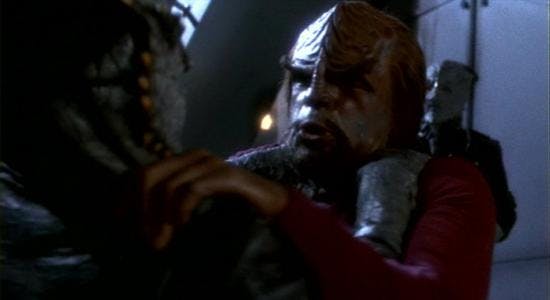
Predominantly associated with Worf, this battle cry and several analogous proclamations indicated a Klingon warrior's readiness to defeat their opponent at all costs. Kurn, Kor, Kang, Gowron and Jadzia Dax ranked as other prominent figures who utilized similar versions of the call for combat.
"The line must be drawn here... this far, no further!"
In a rare outburst, Captain Picard spat this steadfast vow which expressed the pain and frustration inflicted upon him by the Borg. Nevertheless, the brief lapse seemed to shake off his rage and convinced him to initiate the U.S.S. Enterprise-E's auto-destruct sequence in Star Trek: First Contact. Quark relayed a humorous version of the line as he reacted to Ferenginar's reforms in Star Trek: Deep Space Nine's "The Dogs of War."
"We are the Borg. You will be assimilated. Resistance is futile."
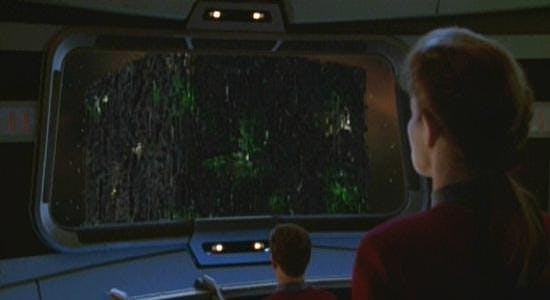
The signature Borg hail and its variants were heard from Star Trek: Enterprise's "Regeneration" to Star Trek: Voyager's "Scorpion, Part I" and beyond. Planets and vessels that received this message knew that quite the rough day awaited their people, although Starfleet proved on multiple occasions that it could triumph over the Collective.
"Your father was captain of a starship for 12 minutes. He saved 800 lives, including your mother's... and yours. I dare you to do better."
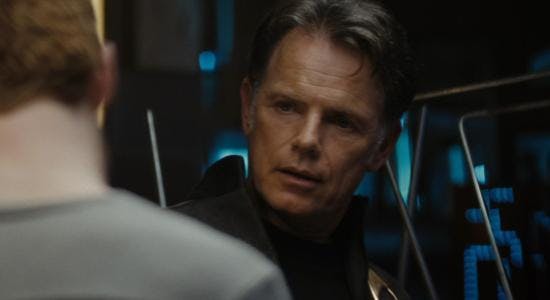
Captain Pike's challenge to an unruly James T. Kirk motivated the young man to become something more than a barroom brawler and enlist in the Kelvin Timeline's Starfleet Academy during Star Trek (2009).
"We are Starfleet."
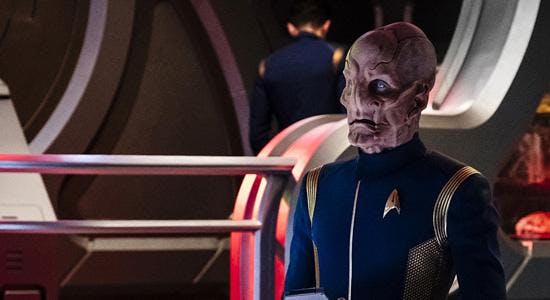
Saru employed these simple words to pledge his support for Michael Burnham's rousing plea to Admiral Cornwell. Burnham emphasized the need to place the Federation's principles over its survival rather than ending the Federation-Klingon War with genocide in Star Trek: Discovery's first season finale.
Jay Stobie is a freelance science fiction writer who contributes articles to the official Star Trek website and Star Trek Magazine. He can be found on Twitter at @CaptStobie and Instagram @JayStobie.

